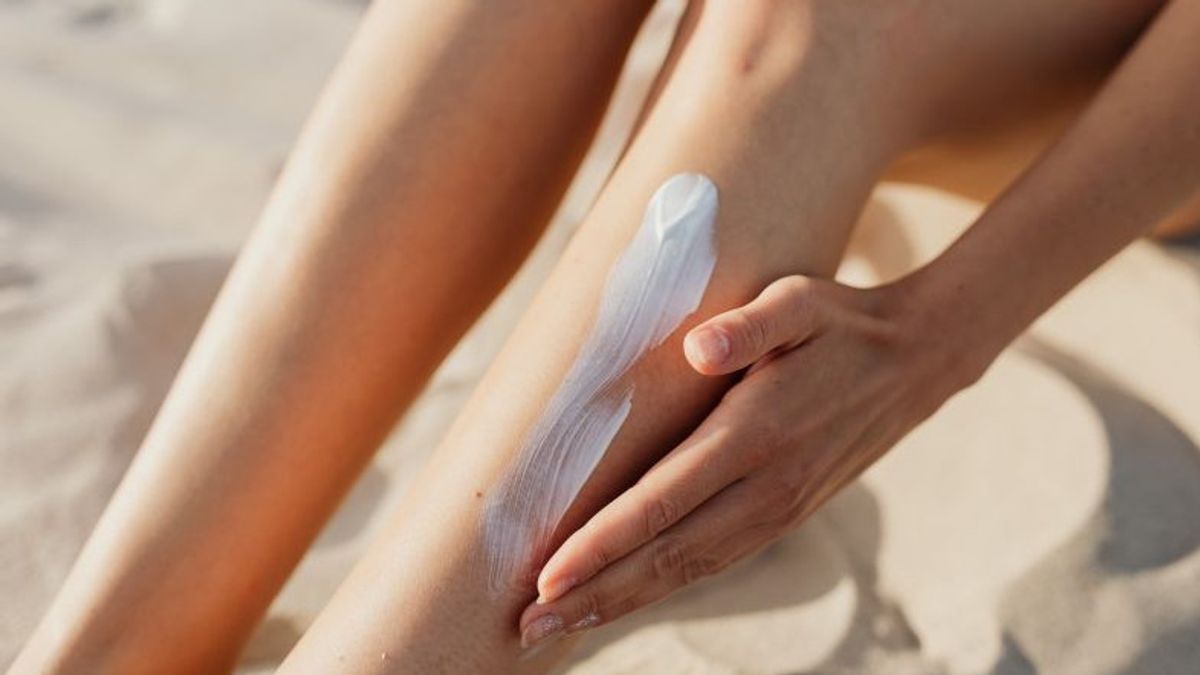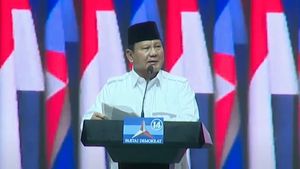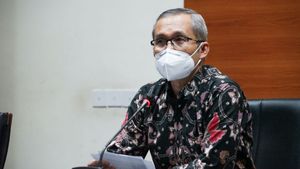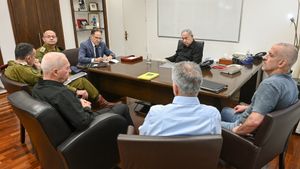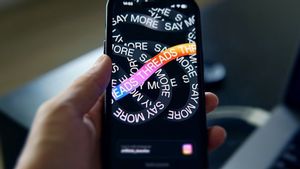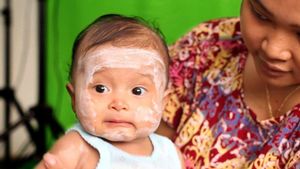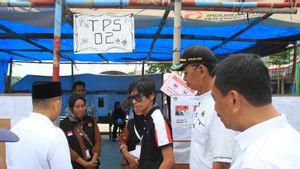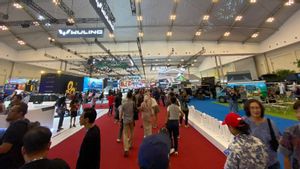JAKARTA - The Food and Drug Supervisory Agency (BPOM) has asked sunscreen manufacturers who do not comply with claims to reform or re-formulation.
Deputy for Supervision of Traditional Drugs, Health and Cosmetics Supplements of the Food and Drug Supervisory Agency (BPOM), Reri Indriani, stated that his party always closely supervises cosmetic products even after being distributed to the market.
Reri quoted the official information on the BPOM website, explained that in the period 2020 2023, 16.67 percent of products did not meet the provisions of data supporting SPF claims (Sun Protection Factor, sun protection content that was able to protect the skin) and 8.33 percent of products were still in the process of fulfilling data supporting SPF claims.
"Some of them in 2022 do not meet the provisions at all, we ask for improvements to our formula asking for the claim to be adjusted. We carry out surveillance, we make sure first according to procedures and follow-up to administrative sanctions," he said as quoted by ANTARA, Thursday, September 21.
Reri stated that in the findings of the sunscreen product, there were 100 percent who did not meet the provisions regarding their claims and content from the results of supervision through an audit of the Product Information Document (DIP). "For example, according to the 50 SPF claims, it turns out that from the aspect of the formula, he could not support these claims," he said.
Furthermore, in the product that has been circulating, BPOM asks business actors to adjust the formula according to product claims, or if it is not reformulated, it can include the final results according to the test.
Testing to get an overview of the SPF value, can be done through two test methods, namely the in vitro test and the in vivo test. In vitro tests are performed using an ultraviolet spectrophotometry (UV) tool. This test is used as a pre-eliminary test to determine the estimated value of the sunscreen SPF and cannot yet be used as a reference to set the SPF value.
اقرأ أيضا:
While the in vivo test is the main standard test method (gold standard) in determining the value of the cosmetic SPF. This test uses a human test subject, thus better describing the true value of the SPF. The results of the in vitro and in vivo tests do not necessarily show the same value.
For the inclusion of claims and SPF values, BPOM uses supporting data derived from in vivo test results to determine the value of SPF which can be included in sunscreen cosmetic products.
BPOM can impose administrative sanctions in the form of a claim repair order that is included in the labeling and advertising of cosmetics, withdrawal orders and destruction of cosmetic labelings and advertisements, as well as temporary suspension of activities and revocation of cosmetic distribution permits.
The English, Chinese, Japanese, Arabic, and French versions are automatically generated by the AI. So there may still be inaccuracies in translating, please always see Indonesian as our main language. (system supported by DigitalSiber.id)
